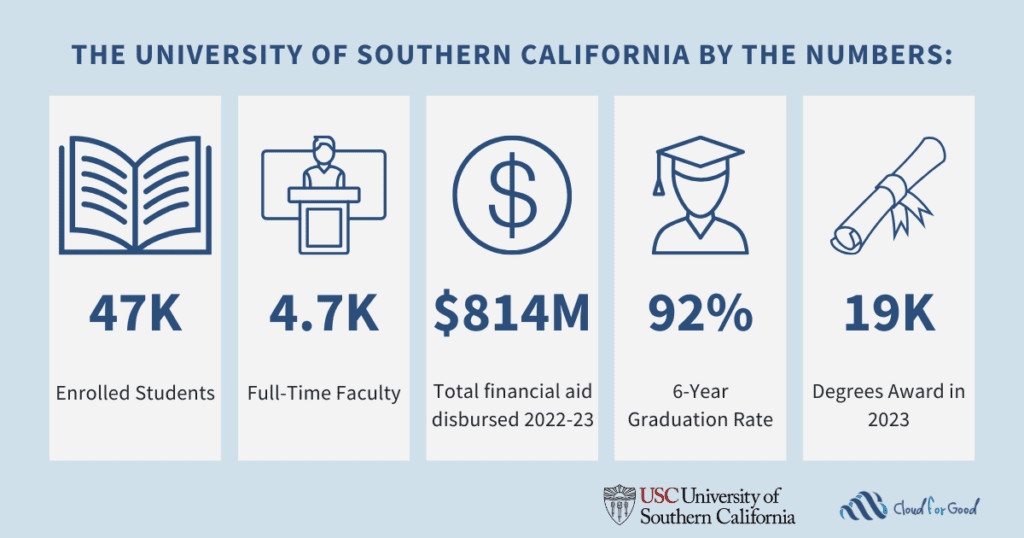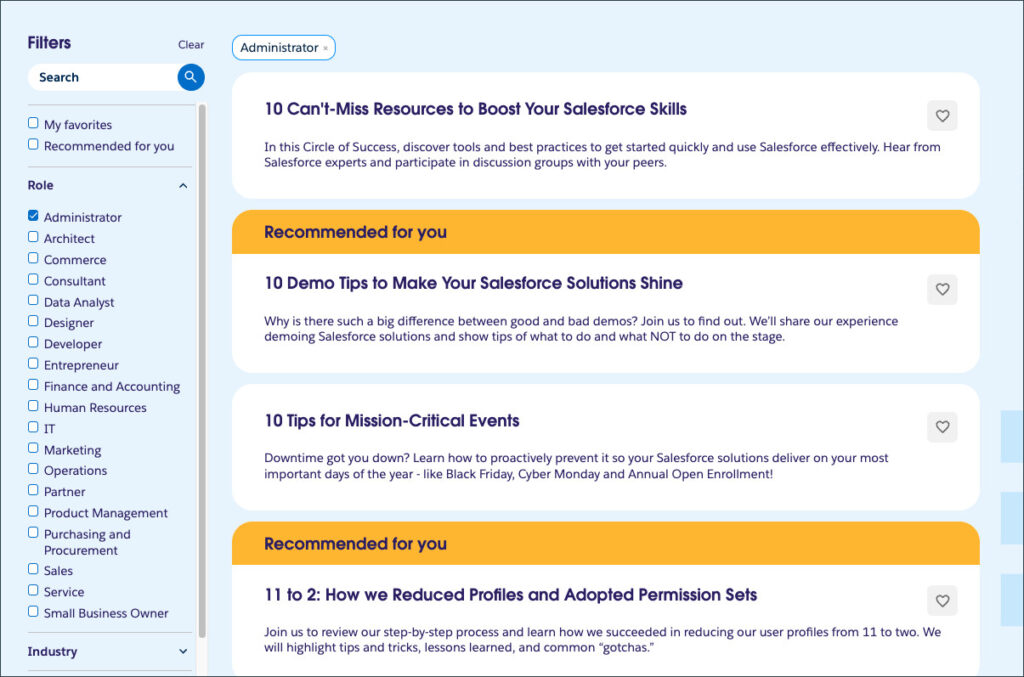Model Context Protocol (MCP) is an open-source protocol that makes it easier for AI apps and agents to connect with tools and data sources. Before MCP, each tool needed its own custom integration code, causing tool and resource fragmentation. With MCP, you build one MCP server for your tool, and it can plug into any AI app or agent that understands MCP.
MCP simplifies the development workflow. Additionally, developers can expose existing integrations and resources for AI apps and agents using MCP. However, a major challenge for enterprises is ensuring the security of the data and tools used by MCP servers, as well as implementing the necessary policies and governance. The release of Agentforce 3 addresses these challenges effectively.
In this post, we’ll explore how you can use MCP within the Salesforce ecosystem. We will start with a foundational understanding of the MCP stack, then reveal new, prebuilt MCP servers that simplify common development tasks. Importantly, we’ll share how Agentforce 3 provides the essential security and governance layer, enabling developers to securely build MCP connectors, expose existing APIs, tools, and resources through MCP, and finally, let you bring your own MCP servers natively within Agentforce.
Understanding the MCP stack
An MCP stack comprises a host, a client, and a server. MCP follows a client-server architecture, where a host application can connect to multiple servers.
- Host: An AI application (Claude desktop, Claude on web, VSCode, Cursor, Agentforce, etc.) that facilitates AI interactions, offers access to tools and data, and executes the MCP Client
- Client: Operates within the host to enable communication with MCP servers
- Server: Exposes specific capabilities and provides access to data, including:
- Tools: Allow LLMs to perform actions through your server
- Resources: Expose data and content from your servers to LLMs
- Prompts: Create reusable prompt templates and workflows
Note: The MCP specification is an ongoing work and there are new capabilities added to the protocol. You can learn more about the specification and ongoing work through the MCP’s official GitHub repository.
Simplify developer workflows with prebuilt MCP servers
Have you ever wished you could just ask an AI to do something like deploy code — without having to type long commands or remember the commands? That’s exactly what MCP can help with.
We now provide three MCP servers for Salesforce development, with a security-first approach, that you can install right now within any MCP-supported IDE:
- Salesforce DX MCP Server (Developer Preview): Run common development tasks, like deploying code, creating scratch orgs, and running tests, just by using natural language. We will be publishing a blog post soon with more information on the Salesforce DX MCP Server.
- Heroku Platform MCP Server (Generally Available): Manage your Heroku apps easily! You can start or stop apps, check dynos, and add add-ons — all by prompting your MCP-enabled IDE in natural language.
- MuleSoft MCP Server (Generally Available): Need to manage or deploy MuleSoft projects? This MCP server lets you handle all of that without ever writing a complex script.
The screenshot below shows the use of the Salesforce DX MCP Server with the Cline IDE to deploy Apex classes using a natural language command.

We’re just getting started with providing MCPs for simplifying the developer workflow. There are also other MCP servers on the roadmap, such as using Figma to generate LWCs, converting Aura components to LWC, and much more.
Connect Agentforce to any MCP server
Agentforce will include a native MCP client in Pilot with the July 2025 release, enabling agents to connect to any MCP-compliant server securely without custom code. And, Agentforce will provide an enterprise-grade MCP Server registry to enforce security policies and identity.
Authorized admins will have a central registry for MCP-defined tools, with enterprise-grade policy enforcement to ensure that all agent activity adheres to strict security, rate-limiting, and access protocols. This will provide one orchestration layer for governing which agents connect, what tools they access, and how they operate.
Connect AI assistants to Salesforce data with Salesforce Hosted MCP Servers
Salesforce is introducing hosted MCP servers that support access to certain targeted APIs on our platform. This is currently in Pilot, and pricing is TBD. And in the future, customers and partners will also be able to build and package custom MCP servers on the Salesforce Platform for standard and custom Salesforce functionality. These MCP servers can work with AI assistants like Claude Desktop, Cursor, and more. We will publish a blog post soon with more information on this feature.
Transform APIs to MCP servers
With MuleSoft’s Anypoint Platform, you can now convert any API or an existing Mule application to an MCP server. To learn more about this feature (currently in GA), check out this article on the MuleSoft blog.
Host custom MCP servers on Heroku and connect to Agentforce with AppLink
Finally, if you are looking to build a complete custom MCP server in the language and SDK of your choice, Heroku provides a managed infrastructure with built-in DevOps to host the MCP server. With Heroku AppLink, you can connect to Agentforce to use the on-demand scaling capabilities of Heroku infrastructure.
Delivering complete MCP support with trust
In conclusion, Model Context Protocol is revolutionizing how AI applications connect with tools and data, and Salesforce is at the forefront of this transformation. With the introduction of pre-built MCP servers for Salesforce Developer experience, Heroku, and MuleSoft, alongside the enterprise-grade security and governance of Agentforce, developers now have a powerful and secure framework to build next-generation AI experiences. Try out these new servers in your development workflow and let us know your feedback via the trailblazer community. We are just getting started, so stay tuned for more exciting updates.
About the author
Mohith Shrivastava is a Principal Developer Advocate at Salesforce with 14 years of experience building enterprise-scale products on the Salesforce Platform. Mohith is currently among the lead contributors on Salesforce Stack Exchange, a developer forum where Salesforce Developers can ask questions and share knowledge. You can follow him on LinkedIn.
The post Introducing MCP Support Across Salesforce appeared first on Salesforce Developers Blog.



